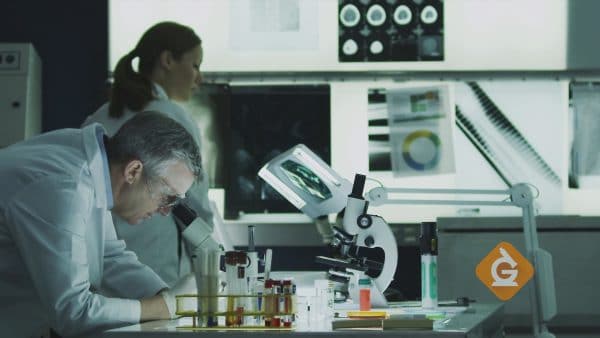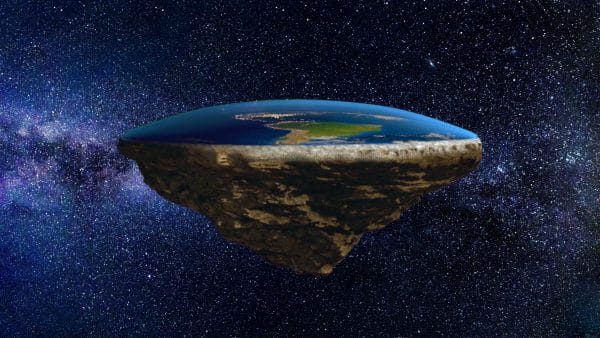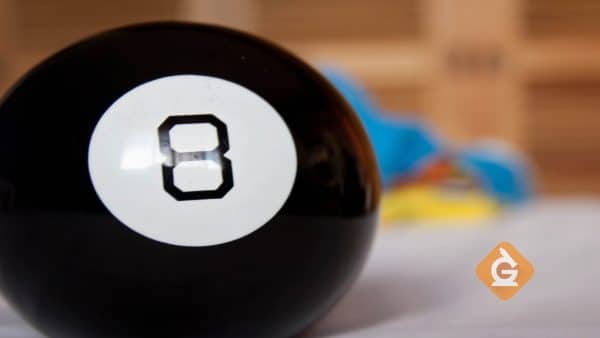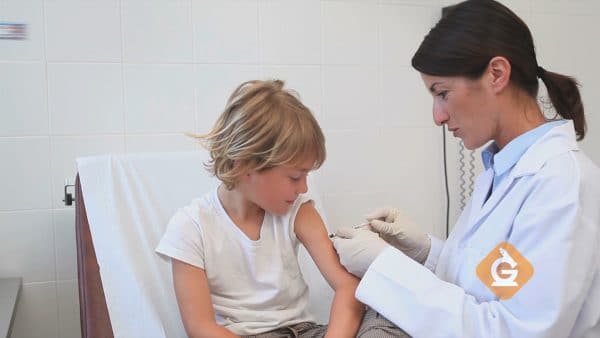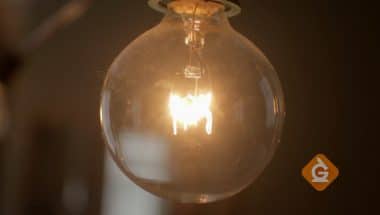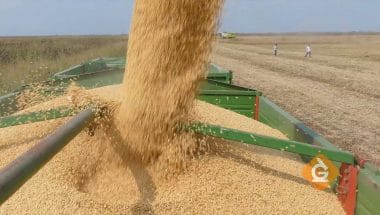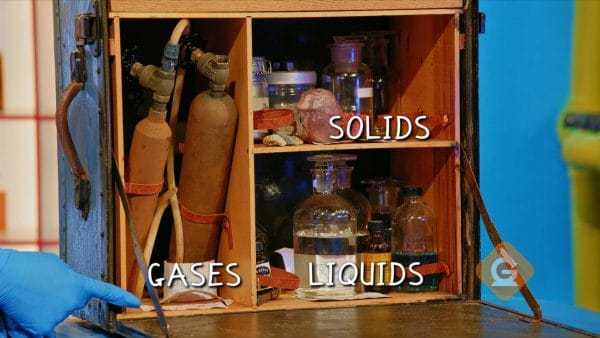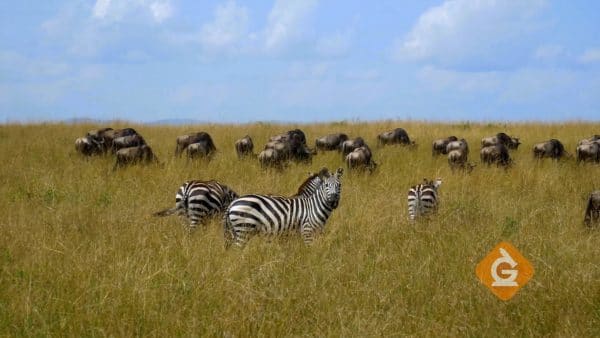Benjamin Franklin is given credit for discovering electricity. In fact, many scientists before and after Franklin conducted experiments to better understand electricity and how it can be used. Science is a team effort.
Science is the process of learning about the natural world through observation and experimentation.
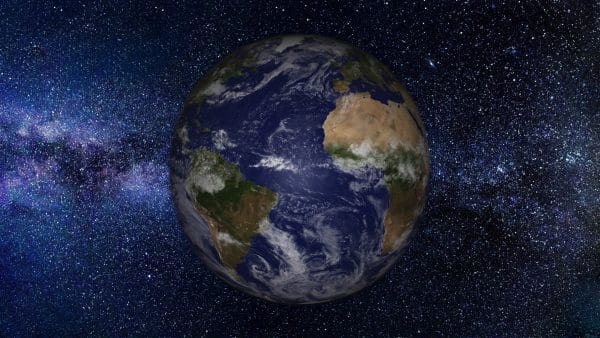
In movies and television shows, sometimes scientists are portrayed as randomly combining chemicals to make crazy concoctions. This couldn’t be further from the truth. Real scientists are very organized and methodical, and serious about their work.
They ask meaningful questions that can be tested and analyzed. They use very specific tools and methods to test and study the natural world. Scientists make careful observations and record their findings so that other scientists can repeat their investigations. They share their findings with other scientists and read about studies performed by others.
Scientists learn about the natural world through investigations, which produces evidence that helps scientists answer questions. Investigations may involve experiments or observations about the natural world. Scientists use scientific practices to do science. These include:
- Asking questions and defining problems
- Developing and using models
- Planning and carrying out investigations
- Analyzing and interpreting data
- Using mathematics and computational thinking
- Constructing explanations
- Engaging in argument from evidence
- Obtaining, evaluating, and communicating information
Scientists do not always do all of these and they don’t have to follow this exact order. It is more of a general approach they take to collect, analyze, and share data.

